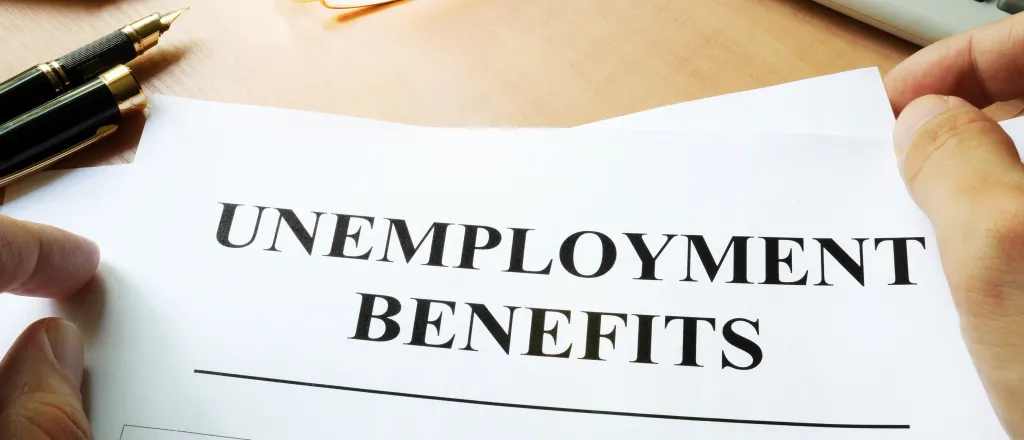
Colorado business groups split over unemployment trust fund legislation
(The Center Square) – Colorado business groups are split over a bill that would put more than $600 million towards stabilizing the state’s unemployment system.
Lawmakers say Senate Bill 22-234 is the best option for Colorado businesses to avert a higher tax bill this year after the state’s unemployment system dipped more than $1.1 billion into the red during the pandemic.
“This is what responsible governing looks like,” Rep. David Ortiz, D-Littleton, one of the bill's sponsors, said last week when the bill was introduced. “We are creating policies that will support our businesses and help people get back to work.”
Chris Brown, vice president of policy and research for the Common Sense Institute, a free-enterprise think tank, said Colorado has the sixth-highest outstanding loan balance in the country.
"Addressing the solvency of the [unemployment insurance trust fund] is critical as employers face over $4 billion in higher taxes over the next several years to build back the trust fund as a result of the economic fallout from the pandemic," he said.
Each year, Colorado businesses are required to pay a per-employee unemployment insurance premium into the trust fund. These funds are then disbursed to employees who file a claim for unemployment benefits and have lost their job through no fault of their own.
During the pandemic, Colorado experienced a surge of unemployment claims so large that the state was forced to borrow federal funds to pay its claims. However, the state’s system also paid out millions for fraudulent claims, which leaves the state’s businesses on the hook to replenish the funds through premium increases.
Loren Furman, CEO of the Colorado Chamber of Commerce, which is supporting SB 22-234, described the bill as an important step toward “prevent[ing] significant unemployment premium increases, which will in turn help Colorado workers and local communities across the state.”
“Through no fault of their own, many were forced to close and lay off valued employees, which has put them on the hook for the depletion of the [unemployment insurance trust fund],” Furman said. “After months of negotiations, this bill is an important first step in providing real relief to Colorado businesses.”
However, not all business groups in the state agree that SB 22-234 is the best solution for businesses.
Tony Gagliardi, Colorado state director for the National Federation of Independent Business (NFIB) said the group has several concerns with the bill, including a provision that could potentially increase unemployment costs for local businesses.
“Other states simply used their budget surpluses and/or federal ARPA funds to pay off entirely, or pay down, their outstanding UI loans, but not us,” Gagliardi said. “We allowed varied interests to add their own pinch of salt and now have an unpalatable pot of stew.”
Instead of passing SB 22-234, NFIB is lobbying in support of Senate Bill 22-066, which would put over $1 billion into the unemployment system. The bill is scheduled to be heard by the Senate's State, Veterans, and Military Affairs Committee this week.
"Although SB 234 does allocate the $600 million, it also includes the potential for higher UI costs in the future in a variety of ways," Gagliardi said. "Senate Bill 66 would simply pay off the entire $1 billion loan and be done with it.”
Chris Brown, vice president of policy and research for the Common Sense Institute, a free-enterprise think tank, said Colorado has the sixth-highest outstanding loan balance in the country.
"Addressing the solvency of the [unemployment insurance trust fund] is critical as employers face over $4 billion in higher taxes over the next several years to build back the trust fund as a result of the economic fallout from the pandemic," he said.
















